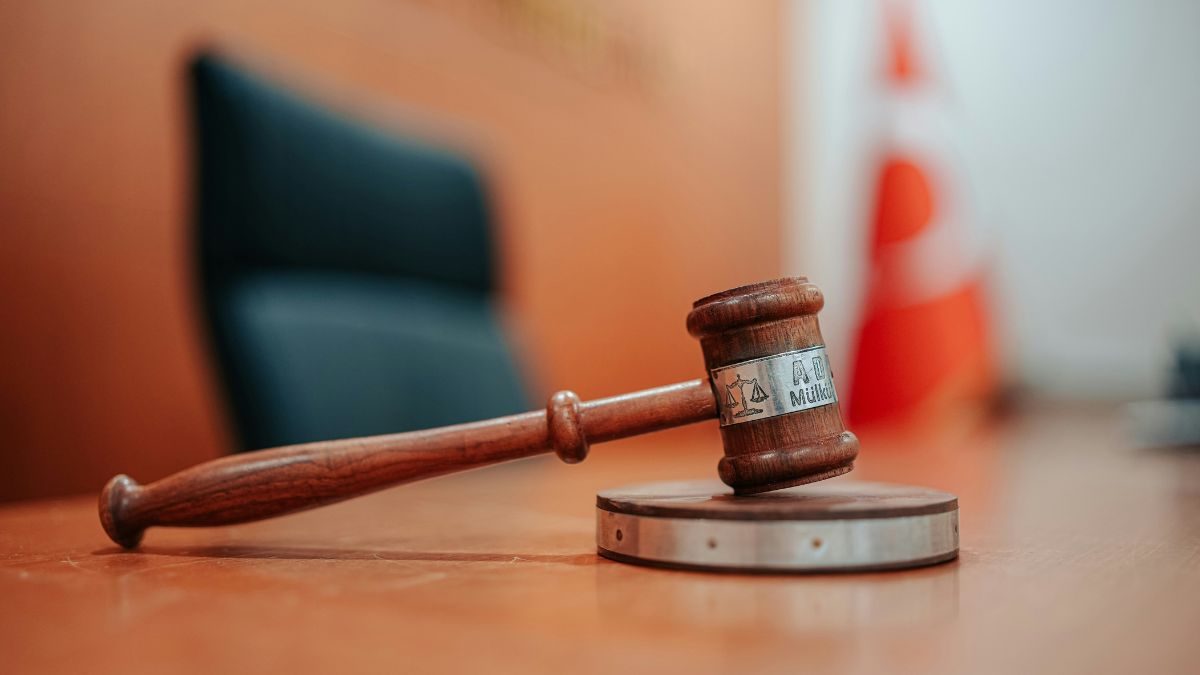

BreakPoint
Practical Atheism
Across America these days, governmental bodies are legislating what one philosopher calls "practical atheism." And in all the rhetoric about Christians forcing their morality on other people, the truth is that secularists are forcing their brand of morality on us. Exhibit 1 is right here in Washington. Last month the District of Columbia City Council passed a bill requiring all employers in the city to pay for contraceptives in their health plans. The council refused to provide an opt-out clause for employers who objected on religious grounds. The bill outraged Catholic leaders. It would have forced employers -- like Catholic University or Georgetown University -- to pay for contraceptives, including those that are, in effect, early abortifacients. That didn't faze the councilmen, some of whom could not resist a little in-your-face anti-Catholic rhetoric. Councilman Jim Graham said that he had "no intention of deferring to Rome." The message of the council was clear: "How dare Christians attempt to inject their religious beliefs into the political process?" Well, mercifully, DC Mayor Anthony Williams shot the bill down. But this is more than a tempest of religious bigotry in a legislative teapot. It's part of a widespread effort to mandate atheism. At a recent conference sponsored by the Becket Fund for Religious Liberty, Jean Bethke Elshtain said that, for centuries religion and civic standing were tethered together: You could not be a citizen in good standing unless you were a communicant in good standing. But in the seventeenth century, philosopher John Locke began to unravel this connection. He demanded the severing of religion and government as a way of avoiding sectarian strife. But in the process, Elshtain explains, Locke sowed the seeds of the privatization of religion -- seeds that are germinating powerfully in our own time. Many people believe that Locke's views shaped American views. But, in fact, our Founders rejected Locke's notion that citizens had to park their religious beliefs at the gate to the public square. And no less than Alexis de Tocqueville insisted that democracy could not survive without religion to shape and mediate human passions. But Tocqueville's warnings go unheeded today by those who want to strip society of all public markers of religion, Elshtain says. Their view contains "a built-in animus" against Christians who want to set up "their own network of schools, welfare provision [and] political advocacy." If they had their way, Elshtain says, secularists would have the state go on a rampage and gobble up society so that all of it would be thoroughly secularized. This would result in radical secularists disenfranchising Christians from the democratic process, as we saw them attempt to do with the DC City Council. To them, religion is always strictly private. But this is precisely what the devout cannot do, Elshtain says: "Civil society involves ... associations and relationships that [go] beyond the purview of the state." If the logic of church-state separation is carried into these realms, our society will be damaged and our religious freedoms destroyed. This is an age in which we see the resurgence of faith-based programs. We are also going to see a continuing rise in radical secularism. That's why it is so important to take the arguments by Elshtain seriously, understand them, and be able to articulate a prudent argument for Christian involvement in public life. If we don't do this, the bureaucrats may continue to cram "practical atheism" down our throats.
09/25/00















